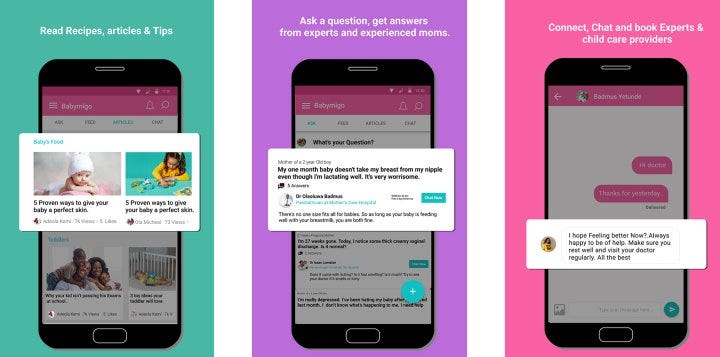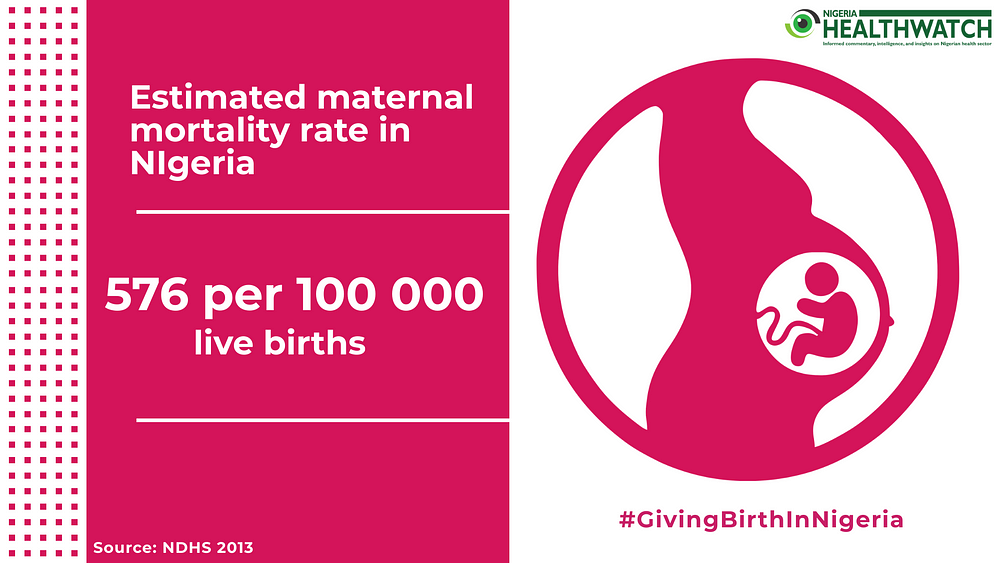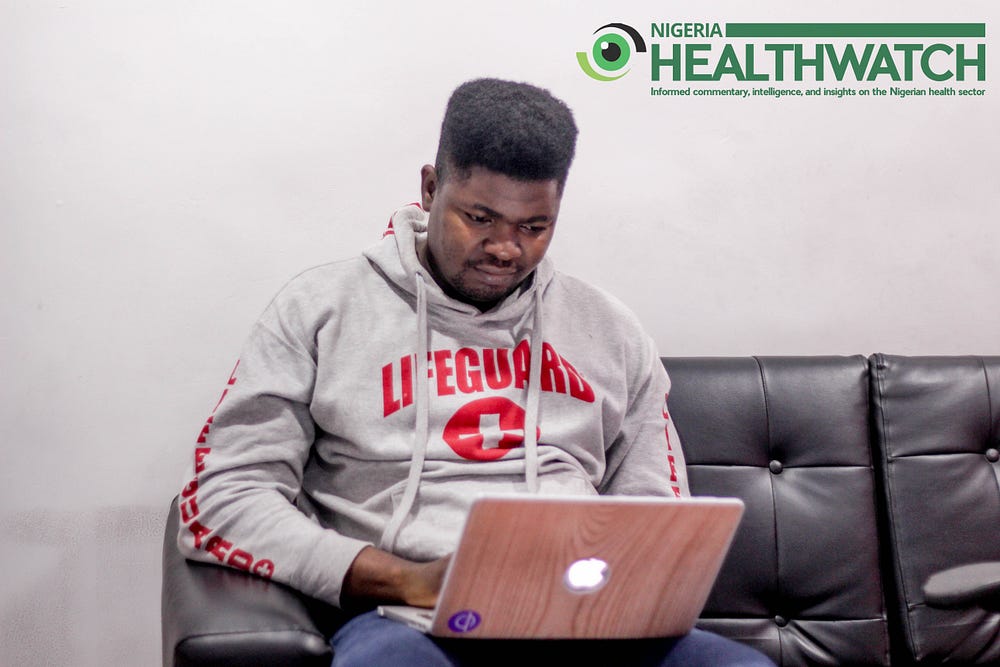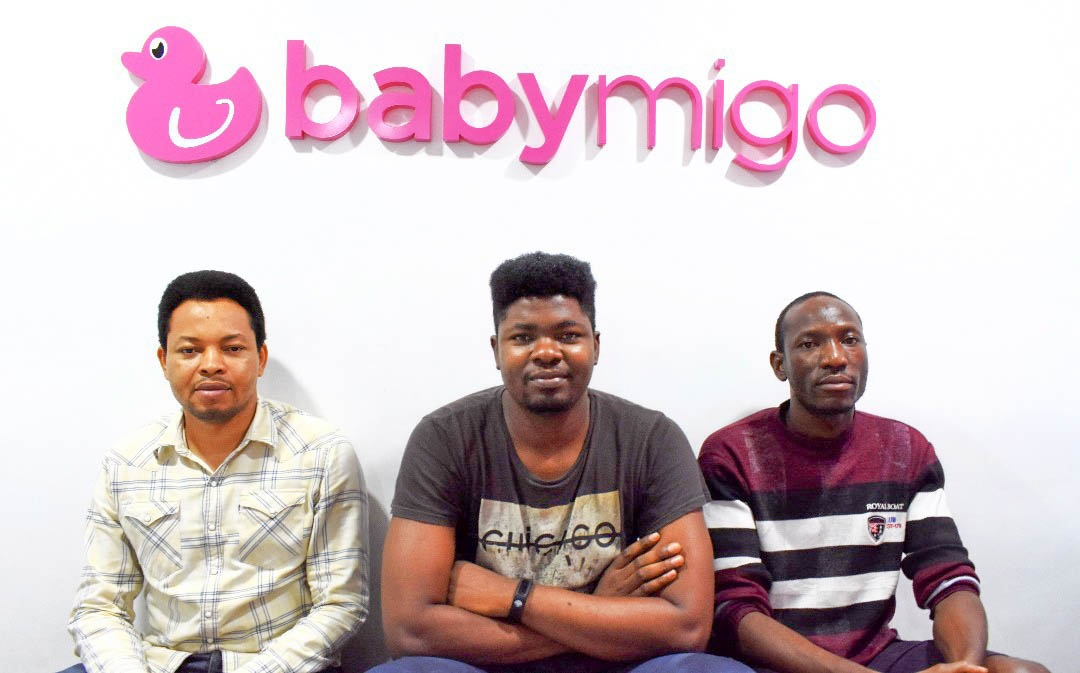Ever wondered how a Nigerian startup came to be listed as one of Time Magazine’s 50 Genius Companies of 2018, standing alongside global giants like Amazon, Apple, Merck and AirBnB?
The company’s founders did this by studying a traditional cultural motherhood practice found in most parts of Nigeria… and they then digitised it.
When a woman gives birth, it is common in most Nigerian cultures for her mother, mother-in-law or close female relation to come and take care of her and her baby.
Pregnancy and childbirth are critical life-changing times in a woman’s life, and so having someone to help and guide a new mother in taking care of herself and her baby, especially if it is the first pregnancy, is important.
The practice is called Omugwo by the Igbo, Ojojo Omo by the Yoruba and Umaan by the Ibibio. In most northern Nigerian cultures where it is referred to as Jego, rather than the mother coming to stay with her daughter and new grandchild, the new mother takes her baby to go and stay with her mother after delivery. In Benin and Akwa Ibom cultures, it is called Ikokòomo and Nkuk uman respectively.
What is common in all the different cultures is that during this period, the mother transfers knowledge and shares motherhood experiences with her daughter. She shares the do’s and don’ts of motherhood, what to expect from the baby and when to expect them.
Antenatal care (ANC) visits to health facilities is now standard practice and recommended as an effective way to ensure pregnant women deliver their babies safely and avoid complications that might lead to maternal or new-born deaths. However, learning from a community of people, family members, who have gone through the process can be quite helpful, as the trust built into the relationships may mean that the experiences and lessons shared resonate more .

A Community for Mothers — Online
Adeloye Olanrewaju and his team, operating out of a two-room office in Yaba, Lagos State, understood that using technology to build a community for mothers could have far-reaching impact. They created Babymigo, a digital platform where expectant, pregnant and nursing mothers can connect with their peers and experts as well as find local health and welfare services.
Improving Nigeria’s poor maternal health indices requires determined efforts from multiple players. The Sustainable Development Goal (SDG) 3.1 is to reduce the global maternal mortality rate from the current estimated 196 per 100 000 live births to 70 for every 100,000 live births. Nigeria’s current estimated maternal mortality rate is 576 per 100 000 live births. For Nigeria to help achieve the target, the World Health Organization (WHO) estimates that maternal mortality rates need to drop by 7.5% every year.
The Babymigo team may not be able to solve the whole problem but team lead Olarewaju believes theirs is an important contribution. Arguing that parenting in the 21st century has significantly changed compared to decades ago when mothers would spend more than three months with their daughters, passing on information, especially if it was their first delivery, he says “We are providing mothers with information to enable them meet up with 21st century parenting,” he says.
On the platform, women can ask questions and receive responses from a community of mothers who have gone through similar experiences. They can directly communicate with experts in various specialities including paediatricians, gynaecologists and nutrition experts. They can also find and connect with various local services around them.

Inability to lactate effectively for breastfeeding and the colour of their baby’s stool are some of the major topics that are discussed on the platform. “These mothers are very curious and wish to find help immediately if they think something is wrong with their babies,” Olarewaju said.
He noticed this curiosity while working with mothers during his professional training as a medical physiologist at Ladoke Akintola University of Technology (LAUTECH). Added to this, living with his sister-in-law during her pregnancy was his major push to innovate a solution for safe motherhood. “You can work with pregnant mothers in clinics for five to eight hours at the office, but it’s a totally different experience when you live with one. She’s concerned about every little thing and wants to be assured her baby is doing okay,” he said.
In 2015, Olarewaju launched Safermom, a platform that provided basic information for mums using SMS, web and mobile applications, but as a learning organisation, they continued to evolve and reiterate. One of the things they found out from running Safermom over the years was the need for a two-way communication where mums can easily interact with each other. This inspired the launch of Babymigo in 2017.
A literature review by Gjerdingen et al suggests that providing emotional and information support for women positively impacts their mental and physical health during childbirth. The review also indicated that informational support in the form of prenatal classes is related to decreased maternal complications during labour and delivery, and to improved physical and mental health after delivery.
Rethinking Accessibility to Maternal Health Information
Q: “Hi Mums, please I went for my kids’ immunisation earlier today and noticed both have developed a red eye this evening. Guess an infection. My help says I can use breastmilk or sugar water on their eyes. Please how true is this? Kindly treat as urgent”.
A: “Don’t put anything, just take your child to the hospital for proper assessment and treatment”.
The question above was asked by an anonymous mother on the Babymigo platform and the response came from Ayodeji Olayinka Adeyoriju, a registered midwife based in Ondo State. These are some of the daily interactions that happen on the platform between over 100,000 registered users and others who are not registered but can still ask and receive answers to their questions. The team’s target is to reach 20 million women by 2025.
The Babymigo team ensures that only qualified health professionals are listed to provide information on the platform, while closely moderating conversations to ensure only correct information is disseminated.
When those in development think of accessibility, what usually comes to mind are women in rural areas who lack access to life-saving maternal health information and services. But Olarewaju and his team believe there are women who reside in urban areas and still lack access to basic life-saving information. This inspires them to keep working hard every day.
Going global for Nigerian mothers
Olarewaju’s vision to reach 20 million women may sound like a tall order considering the challenges of operating a start-up in Nigeria. Yet, he believes they are on the right path to make this a reality, and their confidence has been boosted by the several global recognitions they have received.

In 2016, he was selected as a Queen’s Young Leader, a unique network of influential voices who are changing the world. Winners take part in a tailored curriculum designed to strengthen the work they do across the commonwealth. Babymigo was also listed on Facebook’s Free basics platform, making it possible for more people to access the platform without internet subscription.
Last year, Babymigo was selected in the first class of Google’s Launchpad Accelerator Africa. The program will help around 60 African start-ups build and scale great products by matching them with the best of Google — its people, network, and advanced technologies, including a $3 million in equity-free funding over a three-year period.
One of the most exciting accolades for their work came last year when they made Time Magazine’s annual list of Genius Companies of 2018.
Aryn Baker, Africa Bureau Chief for Time Magazine said she found Babymigo refreshing, “because for the first time, women and mothers in Nigeria (and by extension Africa) can look on a parenting app and see their own faces and concerns reflected back, instead of relying on European-centric data and resources”.
“Babymigo doesn’t just ‘Blackwash’ an American or European product with African photography, it builds the app from the ground up with Nigerian expertise, Nigerian concerns and, of course, Nigerian users. I hope we start seeing more apps like this going forward, across the continent,” she said.
The team understands the expectations that come with being recognised on a global stage and are putting in the work despite challenges to sustain the momentum.
Maintaining quality human capital and cost of running the business are some of the challenges that come with running the platform, but because they started thinking about sustainability from the onset, Olarewaju said they tackle the issues as they arise. “From the beginning, we focused on solving the real problem and not just trying to look good. We ask ourselves if what we are doing can be sustainable in the next two years, if it can scale,” he said.
Creating the future of healthcare in Nigeria
Collaboration and partnerships can help sustain impact and progress. There is a need to create more opportunities for start-ups such as Babymigo to not only scale their work, but mentor others through peer learning. It’s obviously impossible to improve maternal health outcomes overnight, and we must understand that there isn’t a one size fits all. It requires a multipronged approach where efforts are pooled, and everyone contributes their strengths.
EpiAFRIC, a public health consulting and research organization, which is our sister organization, has been creating opportunities, known as HealthTech Meetups, for health and tech enthusiasts to brainstorm on ways to leverage technology to advance health for Nigerians. The meetups lead into hackathons where actual solutions for health are created leveraging technology. This year’s Health Meets Tech Hackathon in Abuja will focus, rather aptly, on maternal health, and it will be interesting to see what participating teams will create. Hopefully, in the process another start-up will make the list of companies redefining the future of healthcare in Nigeria.
Do you know of any platform leveraging technology to create a community for potential and new mums in Nigeria or any other part of the world? Have you used a similar platform? We would love to hear from you, please share your experience in the comment section below.




Baby center is well know for such. As an expectant mother, they provide you with all the information about what to expect at every stage of your pregnancy, delivery and they even track your baby’s developmental stages in a way that you’re not at any stage lost.
They provide lots of tips about children, motherhood and so on. I guess they also have communities of parents/mothers where mothers can share their unique concerns and get suggestions from fellow mothers.
Tervemom is another great service. The service is not as widely known though. They are in Lagos, Ogun and Kwara only